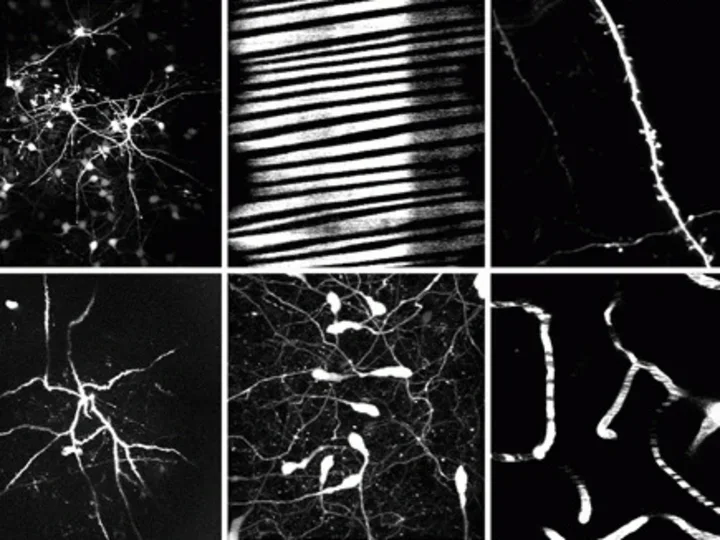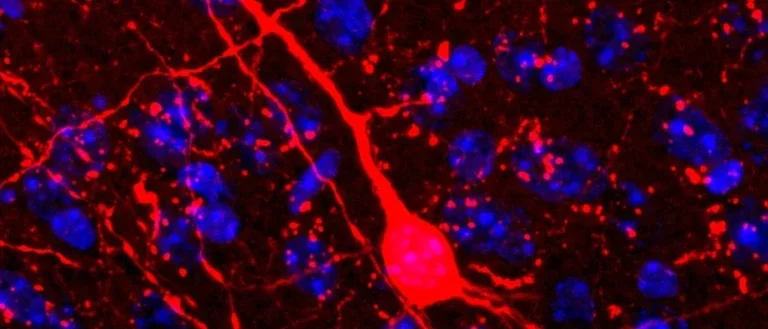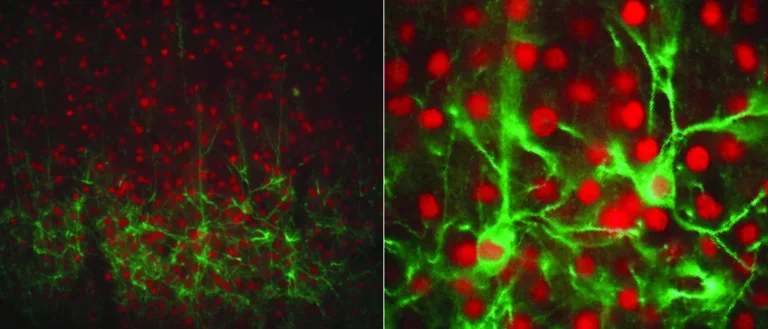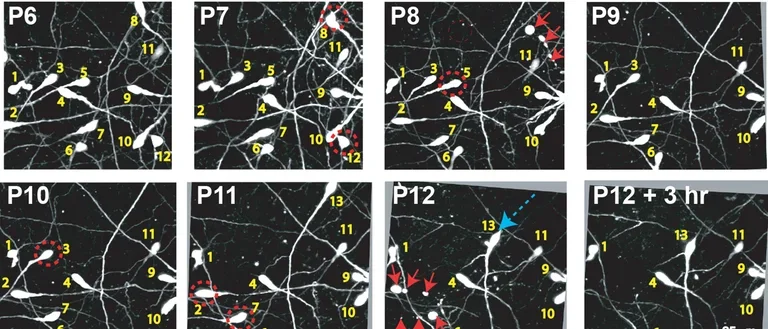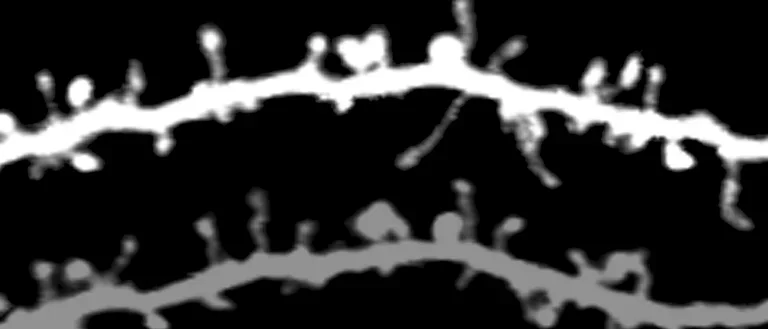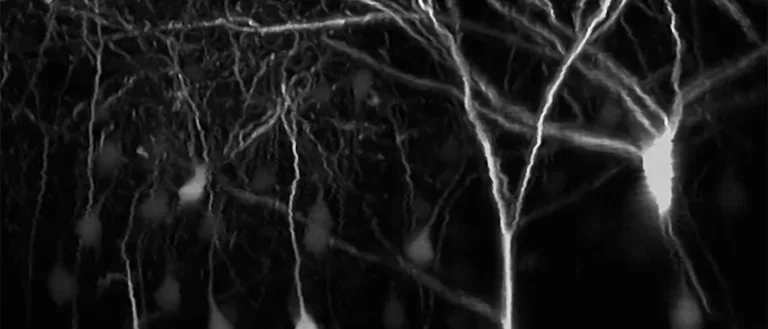Portera-Cailliau Research Lab
About Our Lab
A Symptom to Circuit Approach for Neurodevelopmental Conditions
We have adopted a reverse engineering approach to the study of developmental brain disorders. We focus on a particular symptom in humans (sensory hypersensitivity, learning disability, social aversion), and start by developing behavioral assays in rodent models that relate specifically to that symptom.
Once we identify conserved behavioral phenotypes, we probe the corresponding circuits and identify the differences in neuronal functional connectivity that bring about those behaviors/symptoms. We are leveraging the latest techniques in modern circuit neuroscience research to record neuronal activity (in vivo 2-photon calcium imaging, Neuropixels silicon probes), and then leverage cutting-edge methods for manipulating neuronal activity (chemogenetics with DREADDs, optogenetics) to restore network function and then test whether this also mitigates behavioral phenotypes.
Thus, a major goal of the lab is to conduct preclinical studies to identify novel therapies for neuropsychiatric conditions. Our research is particularly relevant to types of intellectual disability or autism that lack distinct neuropathological features and are therefore more likely caused by subtle differences in how neuronal activity propagates across brain circuits.
